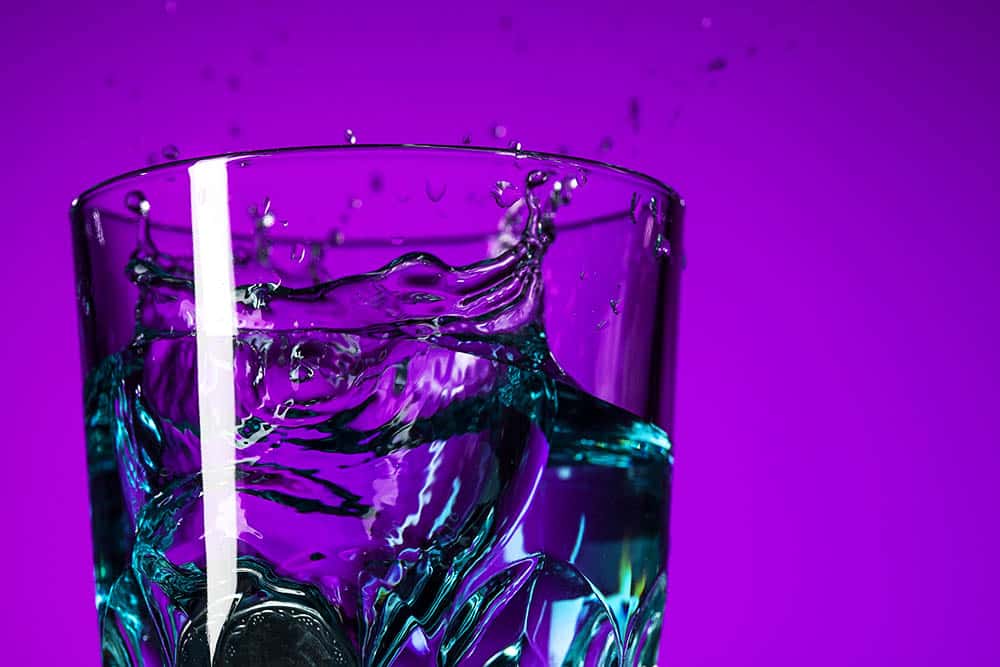Water Conservation: A Path to Economic Survival or Collapse
Water conservation has become a crucial topic in the 21st century, as the world faces severe challenges regarding the sustainability of water resources. However, despite the numerous environmental and social benefits associated with water conservation, some individuals and organizations still ignore this critical need. The neglect of water conservation efforts is not only self-defeating but also poses a significant risk to economic development. In this article, we explore why ignoring water conservation could ultimately bankrupt our economy and present useful information and advice for water conservation.
The Economic Costs of Water Scarcity
Water provides the backbone for various economic activities, including agriculture, manufacturing, power generation, tourism, and transportation. Any interruption or shortage of water supply can negatively impact these activities, leading to significant economic losses. More severe consequences may include massive unemployment, reduced GDP, and even bankruptcy for some industries.
Several factors may contribute to water scarcity. For instance, climate change has led to droughts in many areas across the globe, while inadequate infrastructure may result in water wastage. Human activities such as deforestation, excessive water usage, and pollution may also exacerbate water scarcity.
According to a United Nations report, water scarcity could cost the global economy approximately 2.3% of GDP by 2030. This economic loss could result from various factors, including reduced agricultural productivity, decreased power generation, increased healthcare costs, damage to infrastructure, and loss of economic activities such as tourism. The report also suggests that water scarcity could escalate social unrest and exacerbate conflicts between nations.
Water Conservation: A Viable Solution
Water conservation is an effective approach that can help mitigate water scarcity by reducing wastage and optimizing usage. Some of the benefits of water conservation include increased water supply, reduced energy usage, lower water bills, and conservation of biodiversity. Additionally, water conservation can enhance environmental sustainability, thereby improving human health and well-being.
Water conservation strategies range from simple measures like fixing leaks and using low-flow fixtures to complex interventions such as reducing water-intensive activities. In agriculture, water conservation measures include crop rotation, rainwater harvesting, irrigation scheduling, and changing crop varieties to suit local water availability. In industries, water conservation efforts may include wastewater reuse and recycling, process optimization, and water-efficient technologies.
The Business Case for Water Conservation
Beyond the environmental and social benefits, water conservation efforts can yield significant economic benefits for businesses. For instance, reducing water usage lowers operational costs, resulting in more profits. Many companies have realized this potential and have started implementing measures to optimize water usage.
Water conservation efforts can also improve brand reputation, especially for companies in water-intensive industries such as beverages and textiles. Consumers are becoming increasingly concerned about environmental sustainability, and brands that embrace water conservation efforts may gain a competitive edge in the market.
Other economic benefits of water conservation efforts include compliance with regulations, reduced insurance premiums, and access to financing. Some governments offer incentives such as tax breaks and subsidies to companies that implement water conservation measures.
Practical Tips for Water Conservation
Water conservation is a collective responsibility that requires cooperation from everyone, from individuals to corporations and governments. Here are some practical tips for water conservation:
– Fix leaks: Leaks are a significant source of water wastage, and fixing them can save significant amounts of water.
– Use low-flow fixtures: Replacing high-flow faucets and showerheads with low-flow fixtures can save up to 50% of water usage.
– Limit outdoor water usage: Using a broom instead of a hose to clean outdoor spaces can significantly reduce water wastage.
– Reduce water-intensive activities: Activities such as laundry and dishwashing consume large amounts of water. Reducing the frequency of such activities or using water-efficient appliances can lead to significant water savings.
– Harvest rainwater: Collecting rainwater can provide an alternative source of water for non-potable uses.
– Optimize irrigation: In agriculture, optimizing irrigation scheduling and methods can reduce water wastage and increase the efficiency of water usage.
The Role of Technology in Water Conservation
Technology has played an essential role in water conservation efforts, providing innovative solutions that help optimize water usage. Smart irrigation systems, for instance, use sensors and weather data to determine the optimal irrigation requirements and reduce water wastage. In industries, water-efficient technologies such as reverse osmosis and membrane filtration systems can reduce water usage and enhance the treatment of wastewater.
Mobile applications and online tools that provide water consumption data and feedback allow individuals and organizations to track their usage and identify opportunities for conservation. Artificial intelligence and machine learning technologies also offer new avenues for optimizing water usage and detecting leaks and other wastage sources.
Conclusion
Water conservation should be a top priority for individuals, companies, and governments. Failure to conserve water resources not only poses environmental and social risks but also significant economic costs that may result in severe consequences such as bankruptcy. However, water conservation efforts can provide solutions to various water-related challenges and present significant economic benefits, from reducing operational costs to improving brand reputation. Embracing water conservation measures is, therefore, a path to economic survival rather than collapse.
